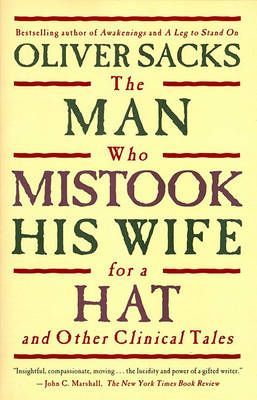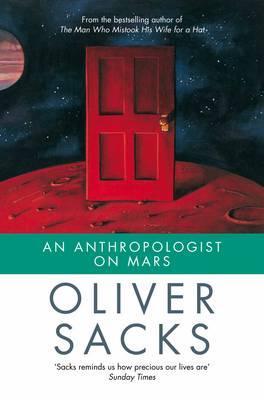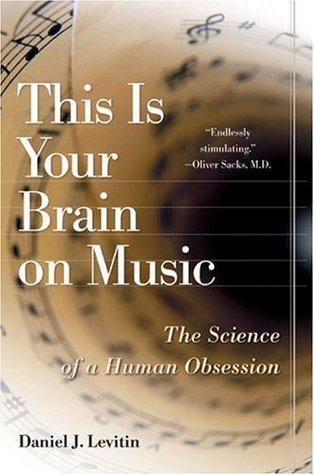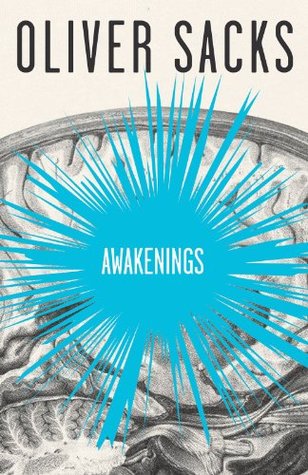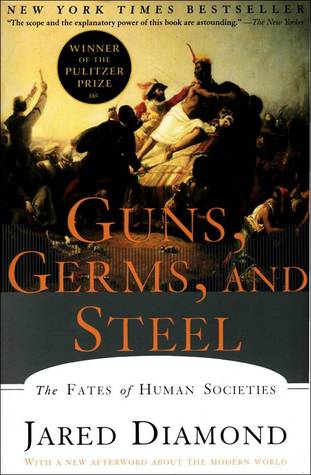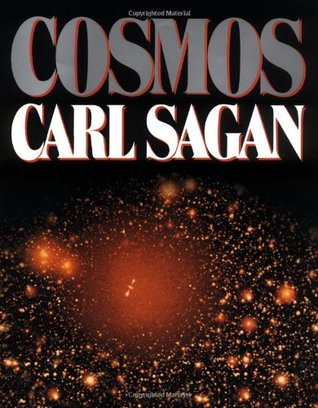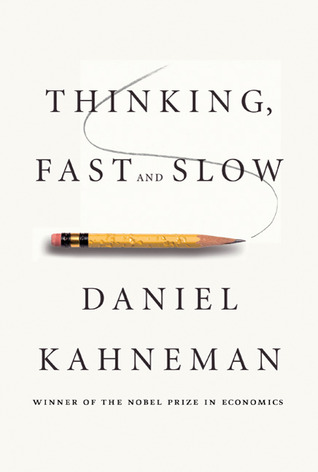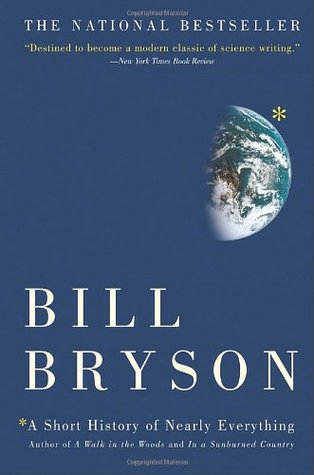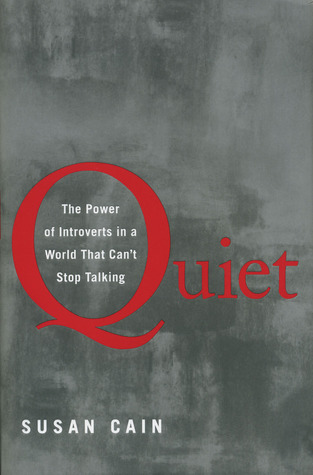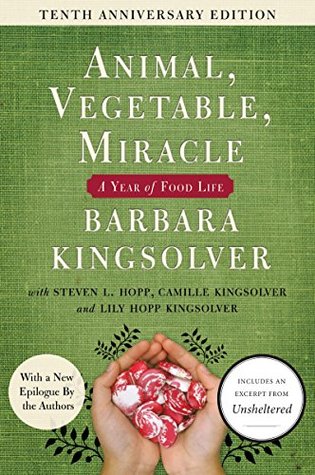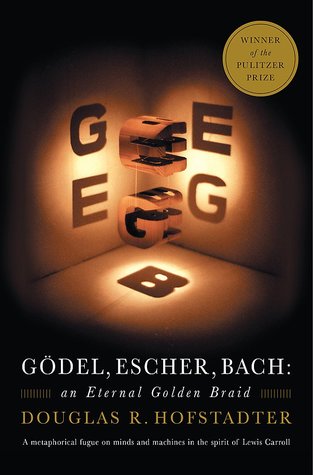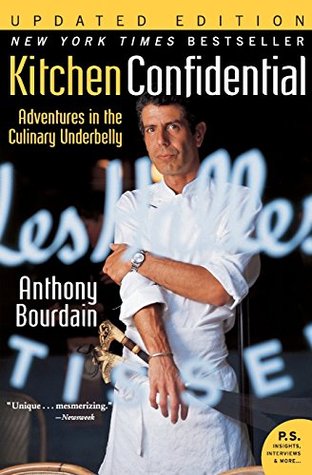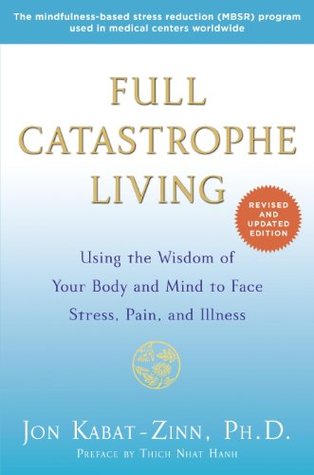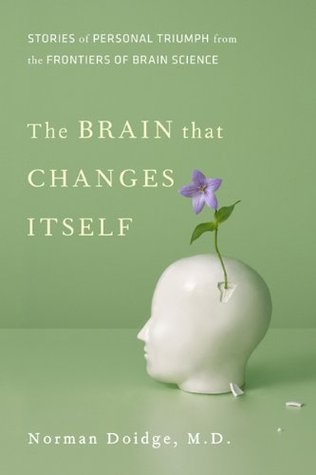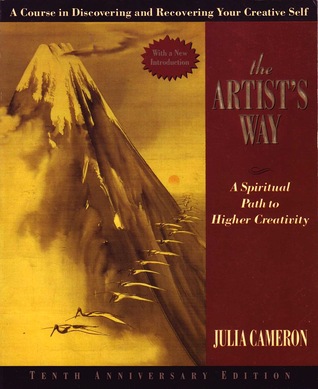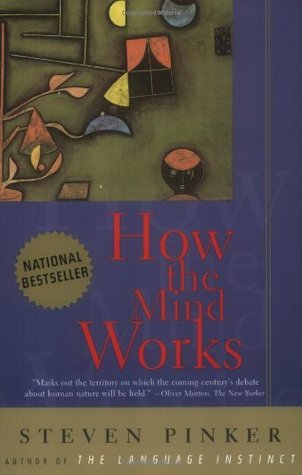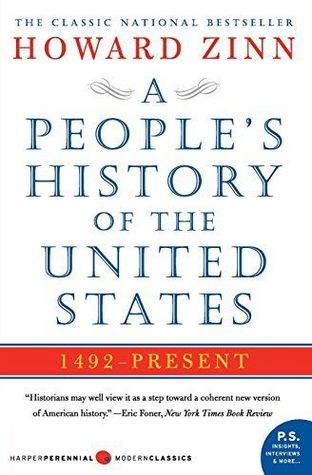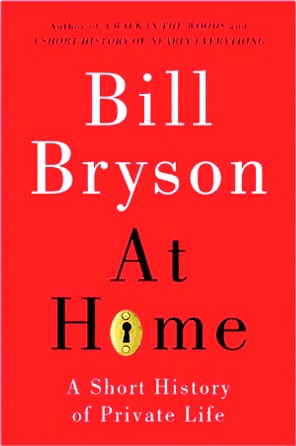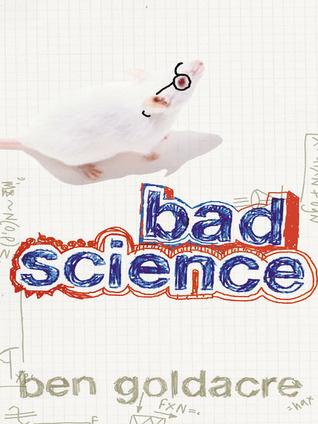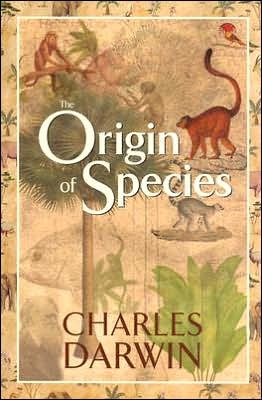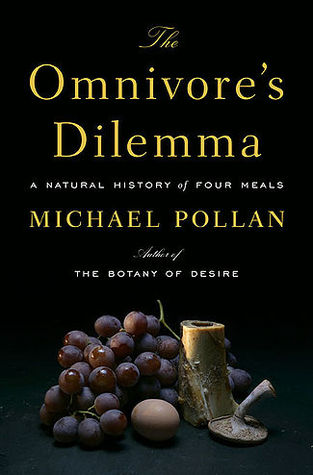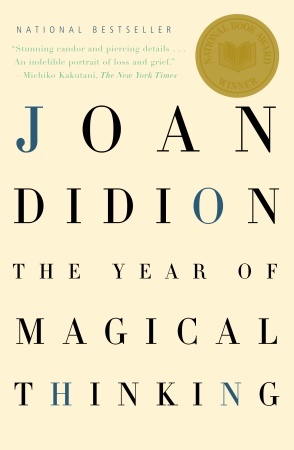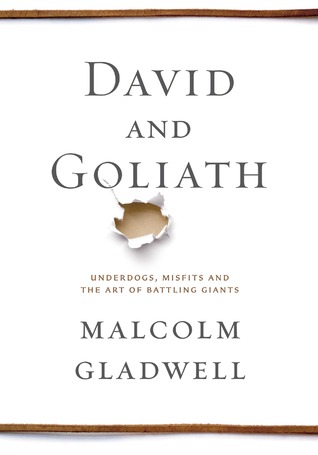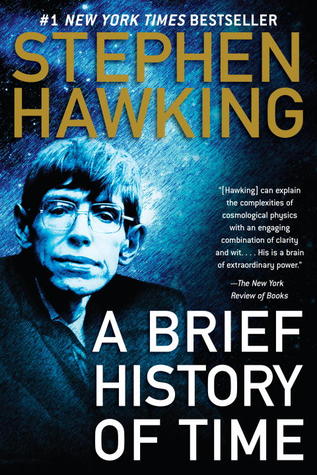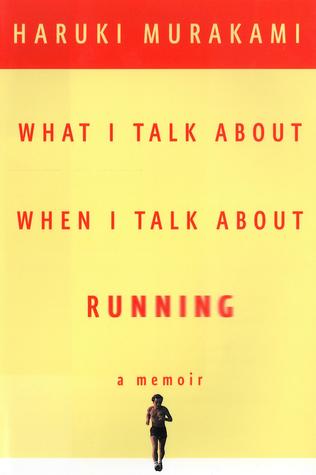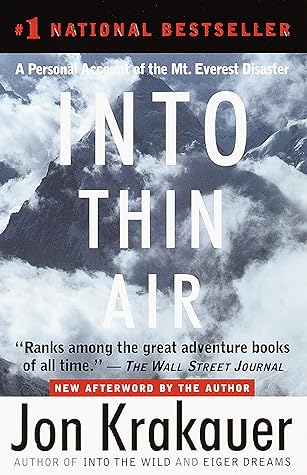Powered by a book like {foo}
Recommendations based on Musicophilia: Tales of Music and the Brainby Oliver Sacks
* statistically, based on millions of data-points provided by fellow humans
The Man Who Mistook His Wife for a Hat and Other Clinical Tales
by Oliver Sacks
A collection of case studies, illustrating extraordinary neurological phenomena.
If a man has lost a leg or an eye, he knows he has lost a leg or an eye; but if he has lost a self—himself—he cannot know it, because he is no longer there to know it. Dr. Oliver Sacks recounts the ... (Goodreads)
An Anthropologist on Mars: Seven Paradoxical Tales
by Oliver Sacks
Study of human behavior, exploring the complexities of neurological conditions.
Paradoxical portraits of seven neurological patients, including a surgeon consumed by the compulsive tics of Tourette's syndrome unless he is operating; an artist who loses all sense of color in a ... (Goodreads)
This Is Your Brain on Music: The Science of a Human Obsession
by Daniel J. Levitin
A neuroscientist explores the relationship between music and the brain, revealing how music affects our emotions, memories, and overall well-being.
Whether you load your iPod with Bach or Bono, music has a significant role in your life—even if you never realized it. Why does music evoke such powerful moods? The answers are at last be- coming ... (Goodreads)
Awakenings
by Oliver Sacks
Exploring the effects of a mysterious sleeping sickness, the power of hope and human resilience.
Awakenings is a 1973 non-fiction book by Oliver Sacks. It recounts the life histories of those who had been victims of the 1920s encephalitis lethargica epidemic. Sacks chronicles his efforts in the ... (Goodreads)
Guns, Germs, and Steel: The Fates of Human Societies
by Jared Diamond
Tracing the origins of human civilizations through the lens of geography, technology, and biology.
"Diamond has written a book of remarkable scope ... one of the most important and readable works on the human past published in recent years." Winner of the Pulitzer Prize and a national bestseller: ... (Goodreads)
Phantoms in the Brain: Probing the Mysteries of the Human Mind
by V.S. Ramachandran
An exploration of the human brain, examining its functions and mysteries.
Neuroscientist V.S. Ramachandran is internationally renowned for uncovering answers to the deep and quirky questions of human nature that few scientists have dared to address. His bold insights about ... (Goodreads)
Cosmos
by Carl Sagan
Voyage through the vastness of space, unlocking the mysteries of the universe.
Cosmos has 13 heavily illustrated chapters, corresponding to the 13 episodes of the Cosmos television series. In the book, Sagan explores 15 billion years of cosmic evolution and the development of ... (Goodreads)
Thinking, Fast and Slow
by Daniel Kahneman
An exploration of the two systems of the mind, and how they influence decision-making.
In the highly anticipated Thinking, Fast and Slow , Kahneman takes us on a groundbreaking tour of the mind and explains the two systems that drive the way we think. System 1 is fast, intuitive, and ... (Goodreads)
A Short History of Nearly Everything
by Bill Bryson
A captivating overview of the natural sciences, spanning the history of the universe.
In Bryson's biggest book, he confronts his greatest challenge: to understand—and, if possible, answer—the oldest, biggest questions we have posed about the universe and ourselves. Taking as territory ... (Goodreads)
Quiet: The Power of Introverts in a World That Can't Stop Talking
by Susan Cain
An exploration of the power of introversion, examining the implications of modern society's emphasis on extroversion.
The book that started the Quiet Revolution, At least one-third of the people we know are introverts. They are the ones who prefer listening to speaking; who innovate and create but dislike ... (Goodreads)
Animal, Vegetable, Miracle: A Year of Food Life
by Barbara Kingsolver
A family's journey to eat locally grown, sustainable food.
Author Barbara Kingsolver and her family abandoned the industrial-food pipeline to live a rural life—vowing that, for one year, they'd only buy food raised in their own neighborhood, grow it ... (Goodreads)
An Unquiet Mind: A Memoir of Moods and Madness
by Kay Redfield Jamison
An exploration of bipolar disorder and its impact on one's life.
The personal memoir of a manic depressive and an authority on the subject describes the onset of the illness during her teenage years and her determined journey through the realm of available ... (Goodreads)
Gödel, Escher, Bach: An Eternal Golden Braid
by Douglas R. Hofstadter
A complex exploration of logic, mathematics and art, exploring their relationships and interconnections.
Douglas Hofstadter's book is concerned directly with the nature of “maps” or links between formal systems. However, according to Hofstadter, the formal system that underlies all mental activity ... (Goodreads)
Kitchen Confidential: Adventures in the Culinary Underbelly
by Anthony Bourdain
A humorous and unflinching account of life in restaurant kitchens, exploring the culture and camaraderie of the culinary world.
A deliciously funny, delectably shocking banquet of wild-but-true tales of life in the culinary trade from Chef Anthony Bourdain, laying out his more than a quarter-century of drugs, sex, and haute ... (Goodreads)
Full Catastrophe Living: Using the Wisdom of Your Body and Mind to Face Stress, Pain, and Illness
by Jon Kabat-Zinn
Comprehensive guide to using mindfulness meditation to manage stress, pain, and illness.
2005 15th anniversary edition reprint Kabat-Zinn, founder of the Stress Reduction Clinic at the University of Massachusetts Medical Center, is perhaps the best-known proponent of using meditation to ... (Goodreads)
The Brain that Changes Itself: Stories of Personal Triumph from the Frontiers of Brain Science
by Norman Doidge
Exploring the brain's remarkable ability to adapt, heal and change itself.
An astonishing new science called neuroplasticity is overthrowing the centuries-old notion that the human brain is immutable. Psychiatrist and psychoanalyst, Norman Doidge, M.D., traveled the country ... (Goodreads)
The Artist's Way: A Spiritual Path to Higher Creativity
by Julia Cameron
Exploring the power of the creative spirit and unlocking the potential of the inner artist.
The Artist’s Way is the seminal book on the subject of creativity. An international bestseller, millions of readers have found it to be an invaluable guide to living the artist’s life. Still as vital ... (Goodreads)
How the Mind Works
by Steven Pinker
Exploration of the human mind, understanding the elements that make us think and act.
In this extraordinary bestseller, Steven Pinker, one of the world's leading cognitive scientists, does for the rest of the mind what he did for language in his 1994 book, The Language Instinct . He ... (Goodreads)
A People's History of the United States
by Howard Zinn
An examination of American history from a perspective of marginalized people.
In the book, Zinn presented a different side of history from the more traditional "fundamental nationalist glorification of country". Zinn portrays a side of American history that can largely be seen ... (Goodreads)
Three Cups of Tea: One Man's Mission to Promote Peace ... One School at a Time
by Greg Mortenson
A man's mission to build schools in remote areas of Pakistan and Afghanistan to promote peace.
The astonishing, uplifting story of a real-life Indiana Jones and his humanitarian campaign to use education to combat terrorism in the Taliban’s backyard Anyone who despairs of the individual’s ... (Goodreads)
At Home: A Short History of Private Life
by Bill Bryson
An exploration of the extraordinary and often overlooked history of the home.
“Houses aren’t refuges from history. They are where history ends up.” Bill Bryson and his family live in a Victorian parsonage in a part of England where nothing of any great significance has ... (Goodreads)
Letters to a Young Poet
by Rainer Maria Rilke
Uplifting and inspiring words of wisdom, encouraging a young poet to find his own artistic voice.
In 1903, a student at a military academy sent some of his verses to a well-known Austrian poet, requesting an assessment of their value. The older artist, Rainer Maria Rilke (1875–1926), replied to ... (Goodreads)
Bad Science
by Ben Goldacre
A critical look at the misuse of scientific fact and the implications of bad science.
Full of spleen, this is a hilarious, invigorating and informative journey through the world of Bad Science . When Dr Ben Goldacre saw someone on daytime TV dipping her feet in an 'Aqua Detox' ... (Goodreads)
The Origin of Species
by Charles Darwin
Comprehensive scientific exploration of the evolution of species and the natural world.
Darwin's theory of natural selection issued a profound challenge to orthodox thought and belief: no being or species has been specifically created; all are locked into a pitiless struggle for ... (Goodreads)
The Omnivore's Dilemma: A Natural History of Four Meals
by Michael Pollan
Exploration of the modern food chain, examining the impact of food choices on our health and the environment.
What should we have for dinner? The question has confronted us since man discovered fire, but according to Michael Pollan, the bestselling author of The Botany of Desire , how we answer it today, at ... (Goodreads)
The Year of Magical Thinking
by Joan Didion
A woman's reflections on life and death after the sudden loss of her husband.
'An act of consummate literary bravery, a writer known for her clarity allowing us to watch her mind as it becomes clouded with grief.' From one of America's iconic writers, a stunning book of ... (Goodreads)
David and Goliath: Underdogs, Misfits, and the Art of Battling Giants
by Malcolm Gladwell
An exploration of unlikely success stories, examining conventional wisdom and biases.
In his #1 bestselling books The Tipping Point , Blink , and Outliers , Malcolm Gladwell has explored the ways we understand and change our world. Now he looks at the complex and surprising ways the ... (Goodreads)
A Brief History of Time
by Stephen Hawking
Exploring the depths of time and space and the emergence of the universe.
In the ten years since its publication in 1988, Stephen Hawking's classic work has become a landmark volume in scientific writing, with more than nine million copies in forty languages sold ... (Goodreads)
What I Talk About When I Talk About Running
by Haruki Murakami
Reflections of a runner, exploring the physical and mental challenges of the sport.
In 1982, having sold his jazz bar to devote himself to writing, Murakami began running to keep fit. A year later, he'd completed a solo course from Athens to Marathon, and now, after dozens of such ... (Goodreads)
Into Thin Air: A Personal Account of the Mount Everest Disaster
by Jon Krakauer
A gripping narrative of the 1996 expedition on Mount Everest that resulted in tragedy.
When Jon Krakauer reached the summit of Mt. Everest in the early afternoon of May 10, 1996, he hadn't slept in fifty-seven hours and was reeling from the brain-altering effects of oxygen depletion. ... (Goodreads)
